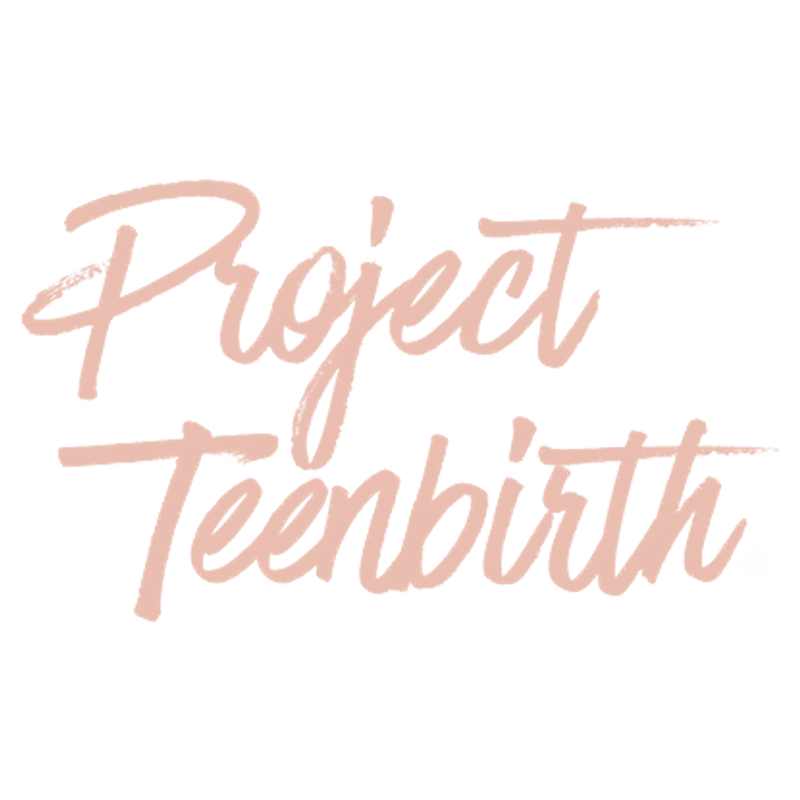How to Plan for Postpartum Support
Preparing for labor and birth is super important and certainly worth your time. AND it’s important that you consider and plan for the postpartum period. Your body will be recovering, and you will be adjusting to parenthood and learning your baby’s cues. If you are partnered, you will be learning how to share the work of parenthood, and if you live with other family members, you will be adjusting as a team.
In other words, the postpartum period is a time of big adjustments for everyone in the family! The postpartum period or “the fourth trimester” typically means the first 3 months after birth, but we also want to acknowledge that the adjustment comes in layers overtime-- for months or even years.
Humans Need Connection
Connection helps us know and believe that we are not alone, that we are enough, that we are loved, that we are seen, that we are held. Social connection is a major factor in decreasing anxiety and depression. Neurobiology shows that connection helps us regulate our emotions, grows our self-esteem and empathy, and supports our immune system.
Thus, we invite you to consider what connection and support may look like for you during the postpartum time.
Postpartum Supports to Consider
Below we have listed a number of options for support along your postpartum journey. Please take what works for you, throw out the rest, and then add other ideas of your own.
Explore resources through your school or school district. Questions to consider and explore: Are there childcare options through your school/district? Can you choose online or home school, so you can stay at home with your baby longer? Are there parenting classes or childhood development classes you can enroll in? Are there food banks or clothing banks that can help you get the items you’ll need for you and your baby?
Sign up for a support or parenting group. We wish there was a shortcut to link you to all the great resources that exist in your local area! Google is great when it comes to finding local groups, but we also suggest asking your care provider, your baby’s pediatrician, your doula (That’s us! We are here for you!), and/or other young parents to begin gathering resources. If you ask for support and the answer you get is “I’m unsure,” take a pause. Breathe. This can be an opportunity to practice self-advocacy. For example, you might follow up with: “Do you have other professionals you can check with? I’m really interested in finding a group to connect with.” Young parents in Florida can contact PTB for childbirth classes, and we would love to help you connect with other young parents in the Tampa Bay Area by inviting you to our monthly young parent support group, Voices.
Join Facebook groups to connect with peers. There are many factors that can make IRL meetups difficult for teen parents-- transportation, schedules, the pandemic, and so on; thus, we invite you to explore online options as well. There are endless mommy and parenting groups on social media. Additionally, if you live in a rural area, online groups can broaden your options for support. Also, you may be able to find groups that are more specific to your situation and needs-- for example, a young parent group. Check out the PTB Voices group here! These groups are peer to peer. You’ll still need to refer to your doctors or other postpartum professionals for medical advice and assessment, but these groups can help you know and understand that you are not alone along this journey.
Name your support system. It’s so important that you know who and what you turn to for support, especially as you embark on this pregnancy and parenting journey. A support system map can help you list out all the different people and things that help you feel supported. These supports may change or grow as your family grows. Consider this a living document, one that you can edit as things change. You might like to hang it on the wall or post it as the screensaver on your phone, so that you remember who and what you can turn to in a moment of need or stress.
Create a postpartum plan. We love this workbook that can help you explore what you’d like your postpartum time to be like. This article also walks you through other elements of a postpartum plan that you might like to consider.
Postpartum Support International is another good place to get started if this all feels overwhelming. You can call their hotline and get connected to providers, local or online support groups, and 1:1 therapy. You can even chat with an expert through their website!
*If you are experiencing a mental health crisis and need emergent support, contact the National Crisis Text Line: Text HOME to 741741 from anywhere in the USA, anytime, about any type of crisis. You can also reach the National Suicide Prevention Hotline at 1-800-273-8255.
We are Here for You
As you consider your postpartum experience, we invite you to ask questions about the options, assert your requests, and get comfortable with the intentions you set for yourself. This is all excellent practice for parenting!
If you need help understanding your options and getting clear on your preferences, reach out to your support team. At Project Teenbirth, this is something we love supporting birthing people with; we are here for you!
Author: Courtney Harris is a witness, space-holder, supporter, and caregiver for families of all types and in all stages; she has worked with youth and their families since 2008. Currently, Courtney serves as a Life Coach for Teens and a Companion for Birth and Beyond. She is passionate about honoring life’s transitions and believes that all birthing people deserve compassionate, steady, and informed support throughout their unique reproductive journeys. You can connect with Courtney here and across all social media platforms at @companioncourtney.


